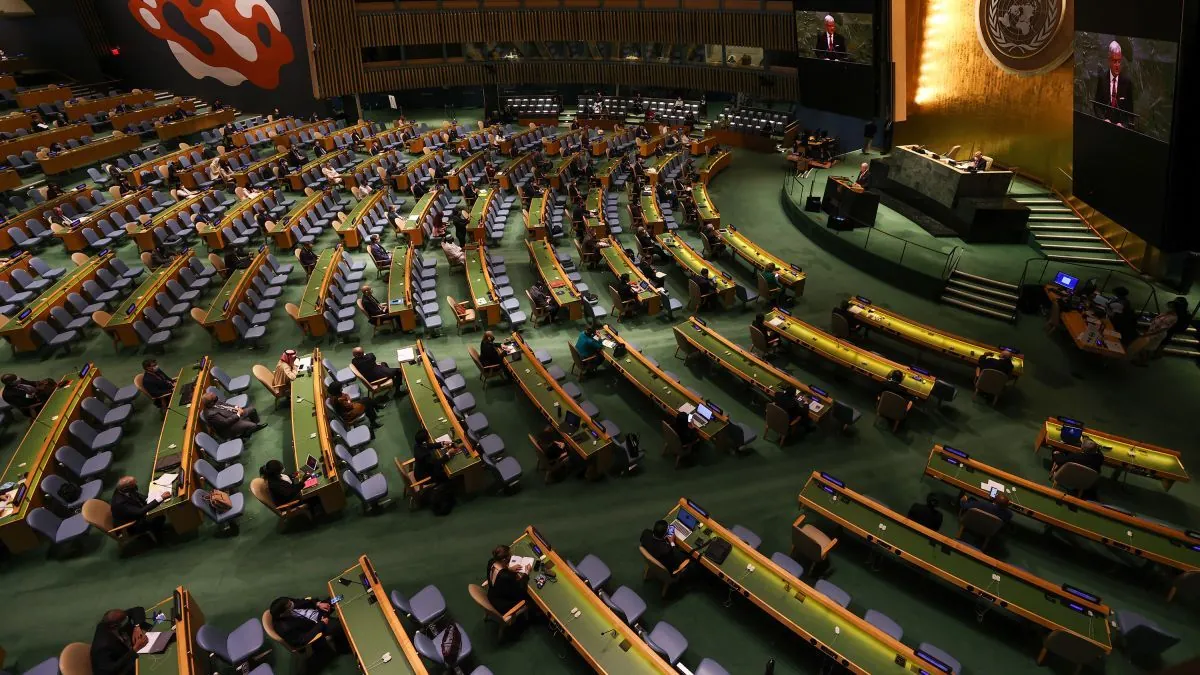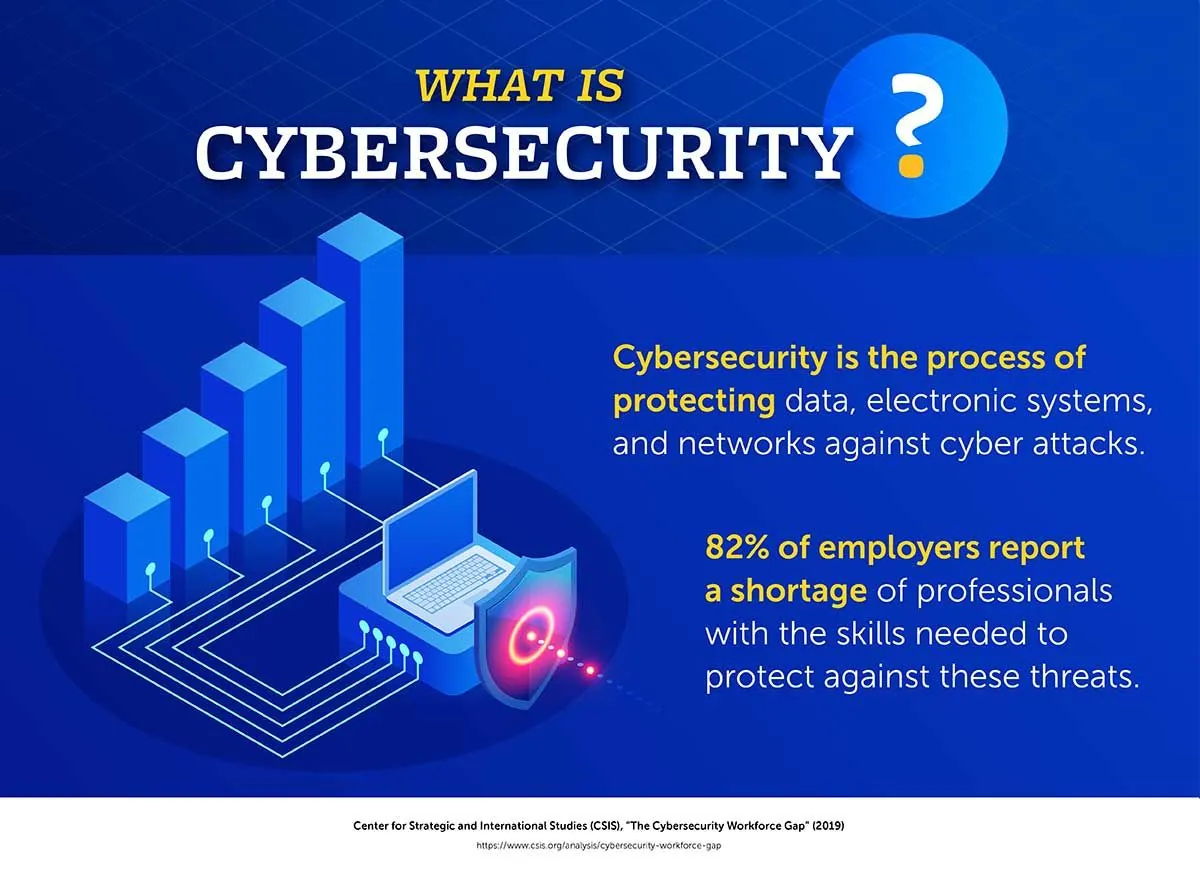UN Cybercrime Treaty Approved Amid Human Rights Concerns
Nearly 200 nations have approved a UN cybercrime convention, sparking debate between law enforcement needs and privacy rights. Critics fear potential misuse, while supporters argue for balanced approach.

The United Nations has taken a significant step in addressing global cybercrime, with nearly 200 nations approving the UN Convention against Cybercrime on August 8, 2024. This development comes amid growing concerns about the potential misuse of the treaty to infringe upon human rights and privacy.
The convention, which aims to create a framework for international cooperation against internet-related crimes, has been in negotiation for over five years. It addresses various issues, including illegal access to computer information, electronic eavesdropping, and online child sex abuse. The treaty's approval marks a crucial moment in the evolving landscape of cybersecurity, which has become increasingly important as the global economy faces an estimated $6 trillion annual cost due to cybercrime.

Critics of the convention, including business groups and civil rights advocates, have expressed concerns about its potential for abuse. They argue that the treaty's language is overly vague and could provide cover for repressive governments to intrude on private enterprises and violate individual privacy rights. The Electronic Frontier Foundation, a digital rights organization founded in 1990, has been particularly vocal about these concerns.
"The deal allows two countries to cooperate on any serious crime with a tech link."
Supporters of the treaty, including the Biden administration, contend that it strikes a balance between law enforcement needs and human rights protections. A senior U.S. administration official stated that the convention is seen as a means to expand global law enforcement cooperation while addressing privacy concerns.
The treaty's origins can be traced back to a Russian initiative, which has led to further scrutiny from critics who fear it may contain language favorable to oppressive regimes. This concern is particularly relevant given the growing concept of "digital sovereignty" in international cybersecurity discussions.
The convention's approval comes at a time when the global cybersecurity market is projected to reach $372.04 billion by 2028, highlighting the increasing importance of addressing digital threats. As the Internet of Things (IoT) is expected to connect 75 billion devices by 2025, the need for comprehensive cybersecurity measures becomes even more critical.
The UN Convention against Cybercrime is expected to receive General Assembly approval within months. Once approved, it will become law upon ratification by 40 nations. As the international community moves forward with this treaty, the debate between ensuring effective law enforcement and protecting individual rights in the digital age is likely to continue.


































